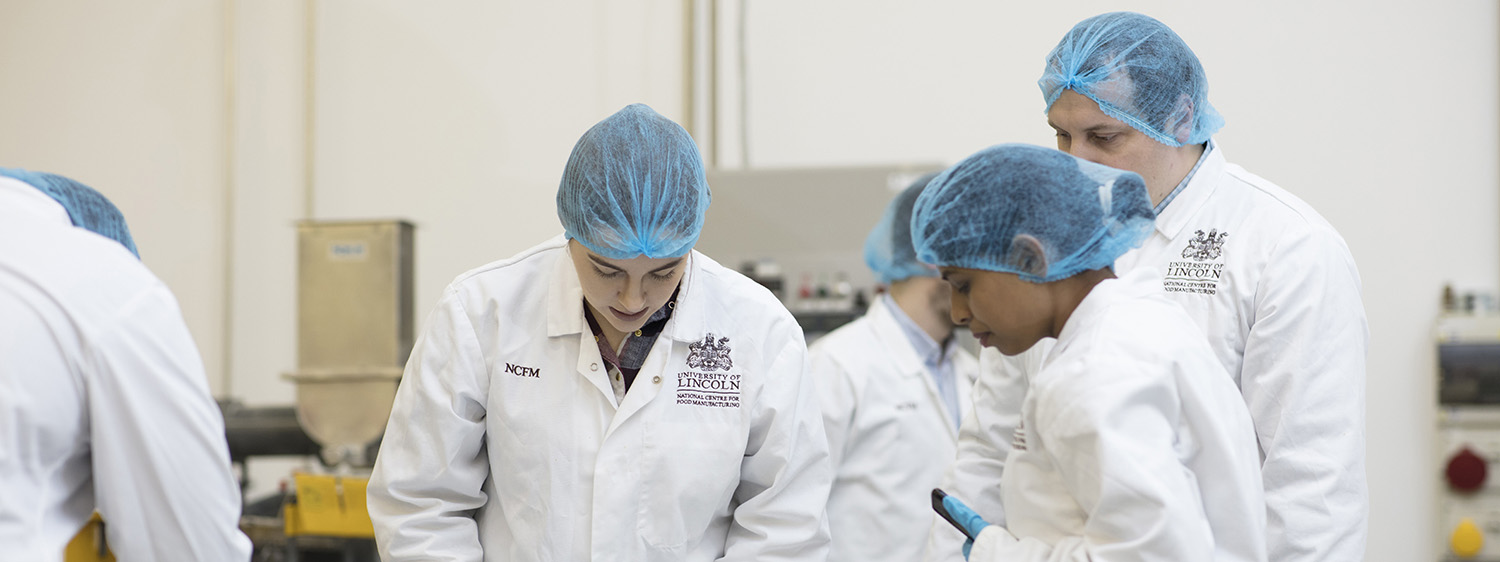Year One
- Food Safety/Legislation 1
- Risk management systems - HACCP
- Health and Safety Legislation
- Risk management - Risk Assessments
- Develop Self
- Data analysis
- Problem Solving
- Continuous Improvement Techniques
- Root Cause Analysis
- Quality and Food Industry standards
- Auditing
- Raw Materials and Specifications
- Sustainable sourcing, ethical issues and supply chain
- Food Defence – TACCP and VACCP
Year Two
- Food Microbiology
- Food Processing Technologies
- Sensory Evaluation
- Communication Techniques
- Develop Self 2
- New Product Development and Costings
- Process Trials
- Food Chemistry
- Food and Nutrition
- Legislation, regulations, and standards
Specialism: New Product Development or Quality
- Finished product specifications (NPD option)
- Sensory and shelf life (NPD option)
- NPD Samples (NPD option)
- Auditing products and processes (Quality option)
Year Three
- Portfolio completion
- EPA preparation: revision sessions, project support, professional discussion preparation
- End point assessment
Module and assessment information for future years is displayed as currently validated and may be liable to change.

